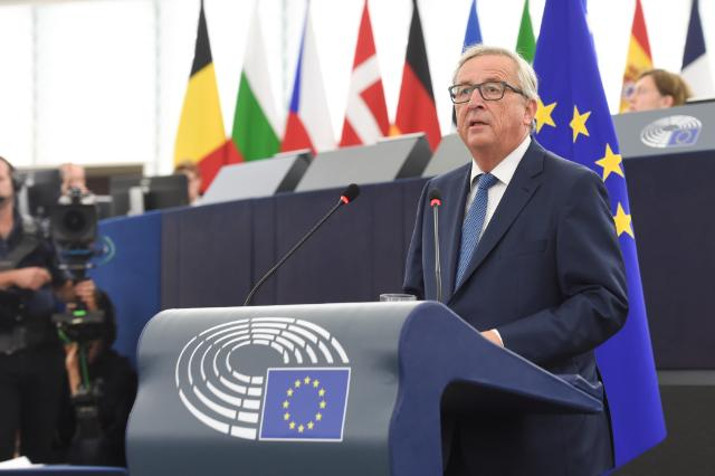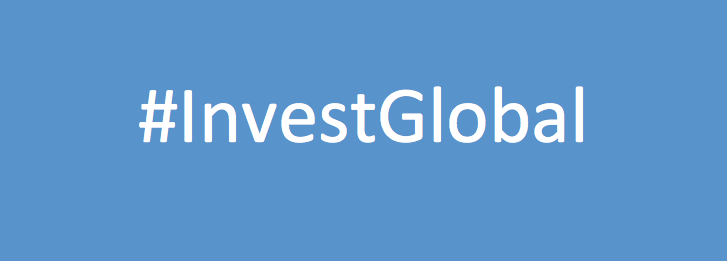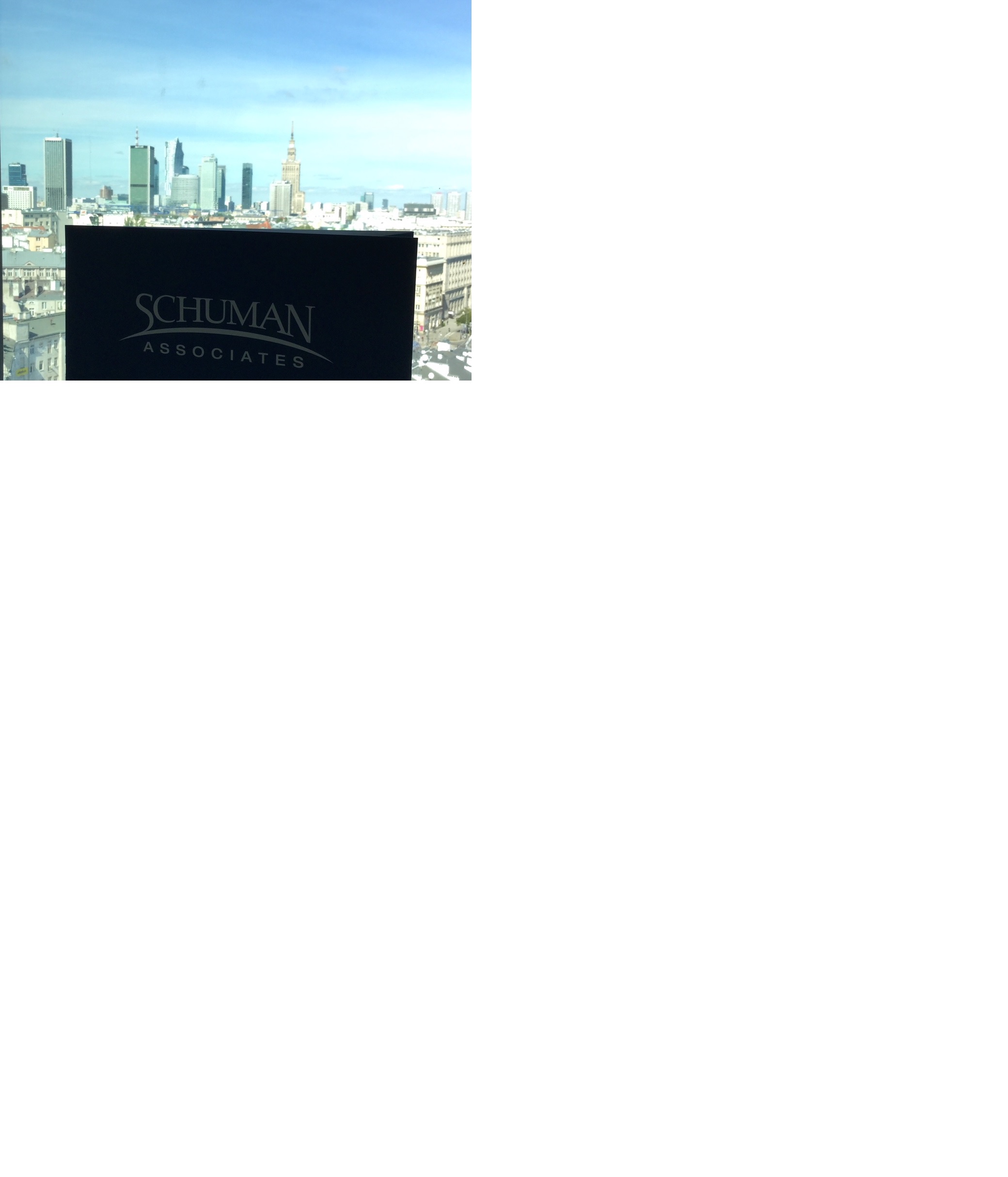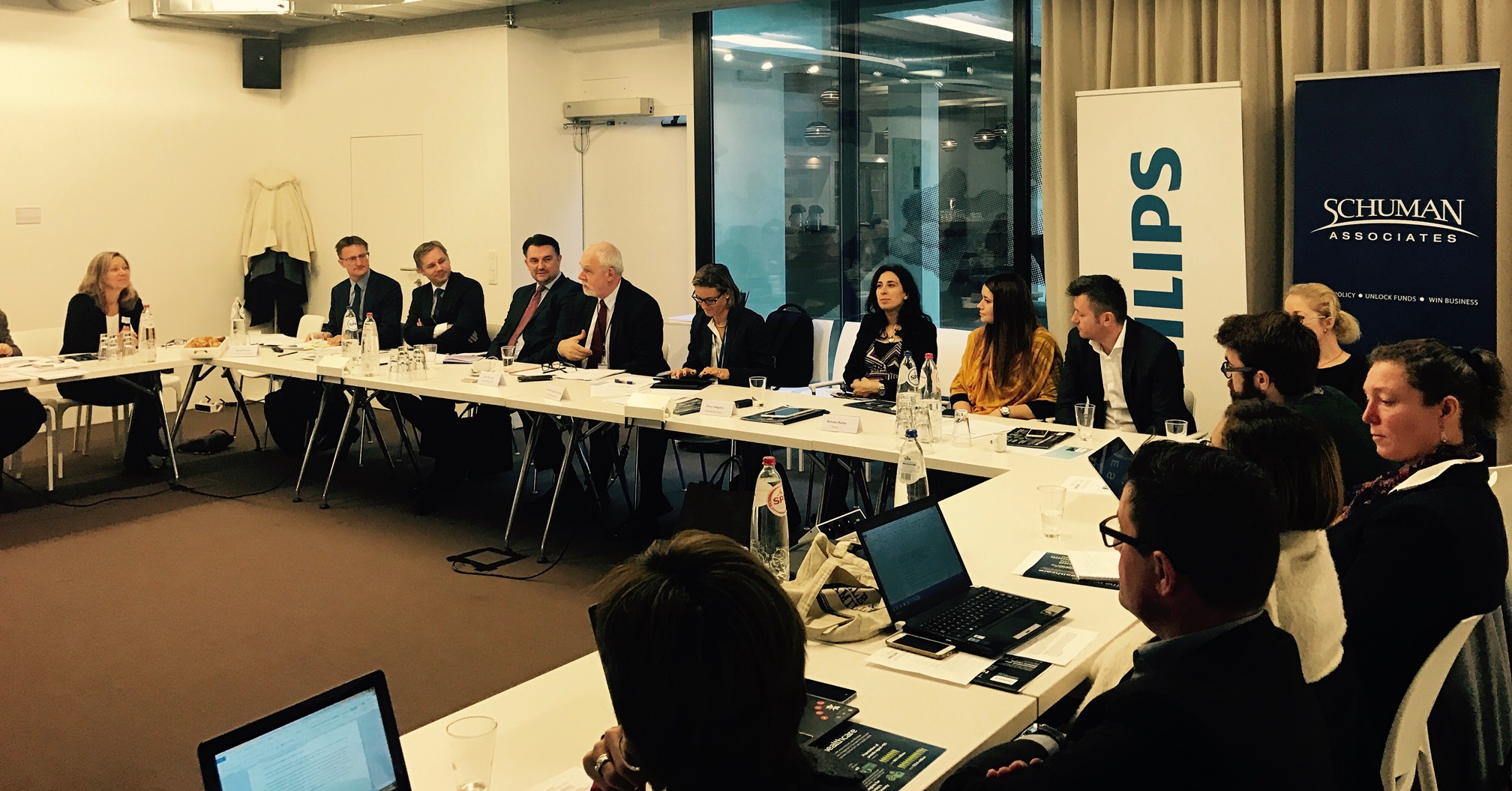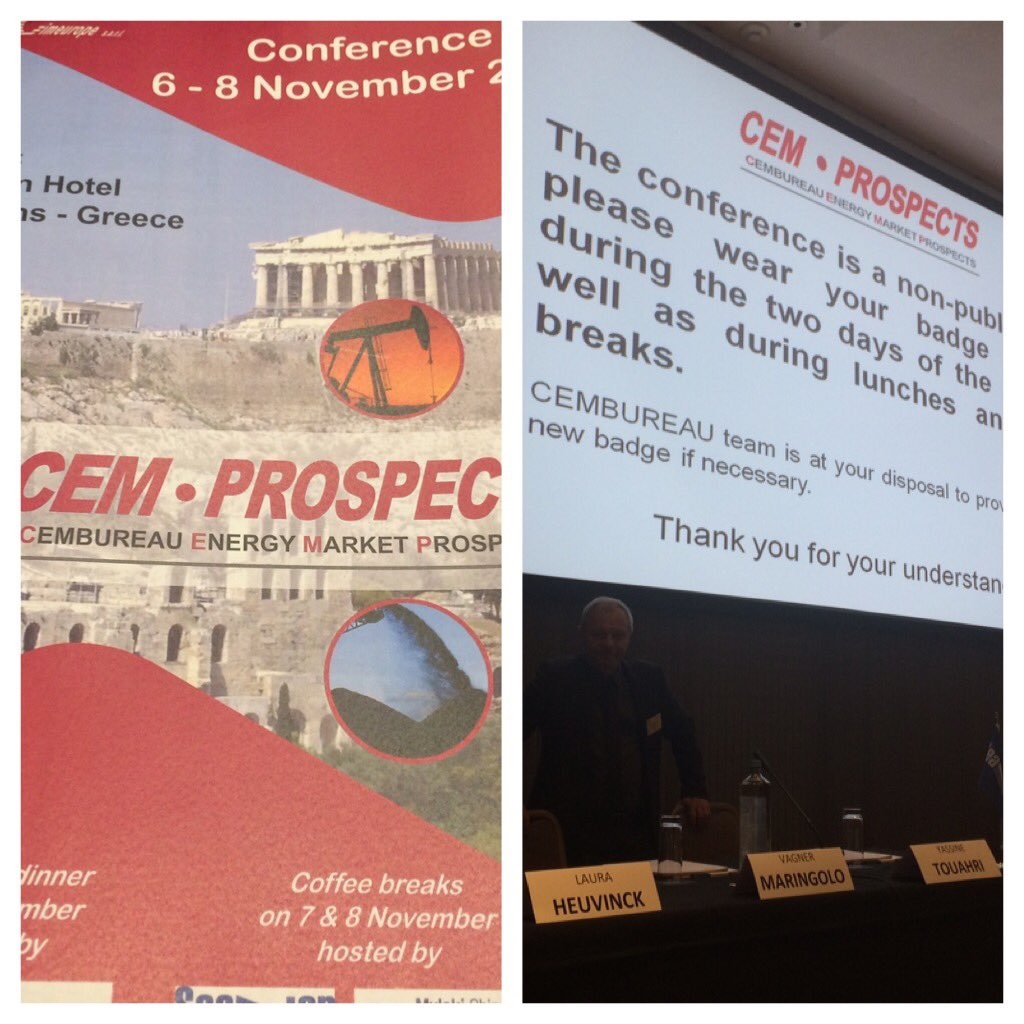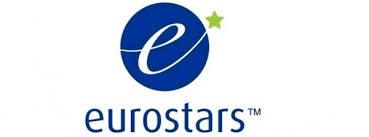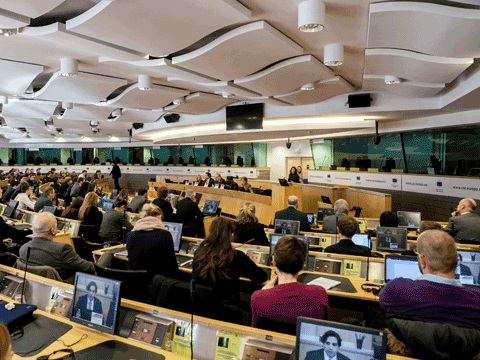
On the 17th of June the Africa Ireland Economic Forum took place in the Convention Centre Dublin. This year’s event was held at one of the most well-known locations in Ireland and saw the participation of high-level speakers from several key African countries and the full support from the Department of Foreign Affairs with the presence of the Minister of Jobs, Enterprise and Innovation Ms. Mary Mitchell O'Connor and the Director General of Irish Aid, Mr. Michael Gaffey.
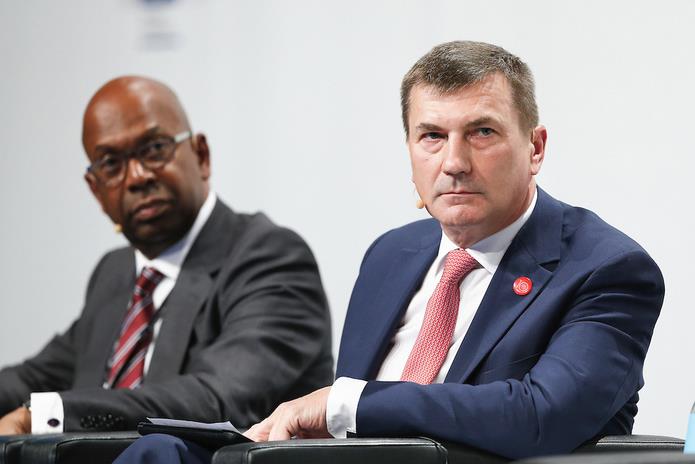
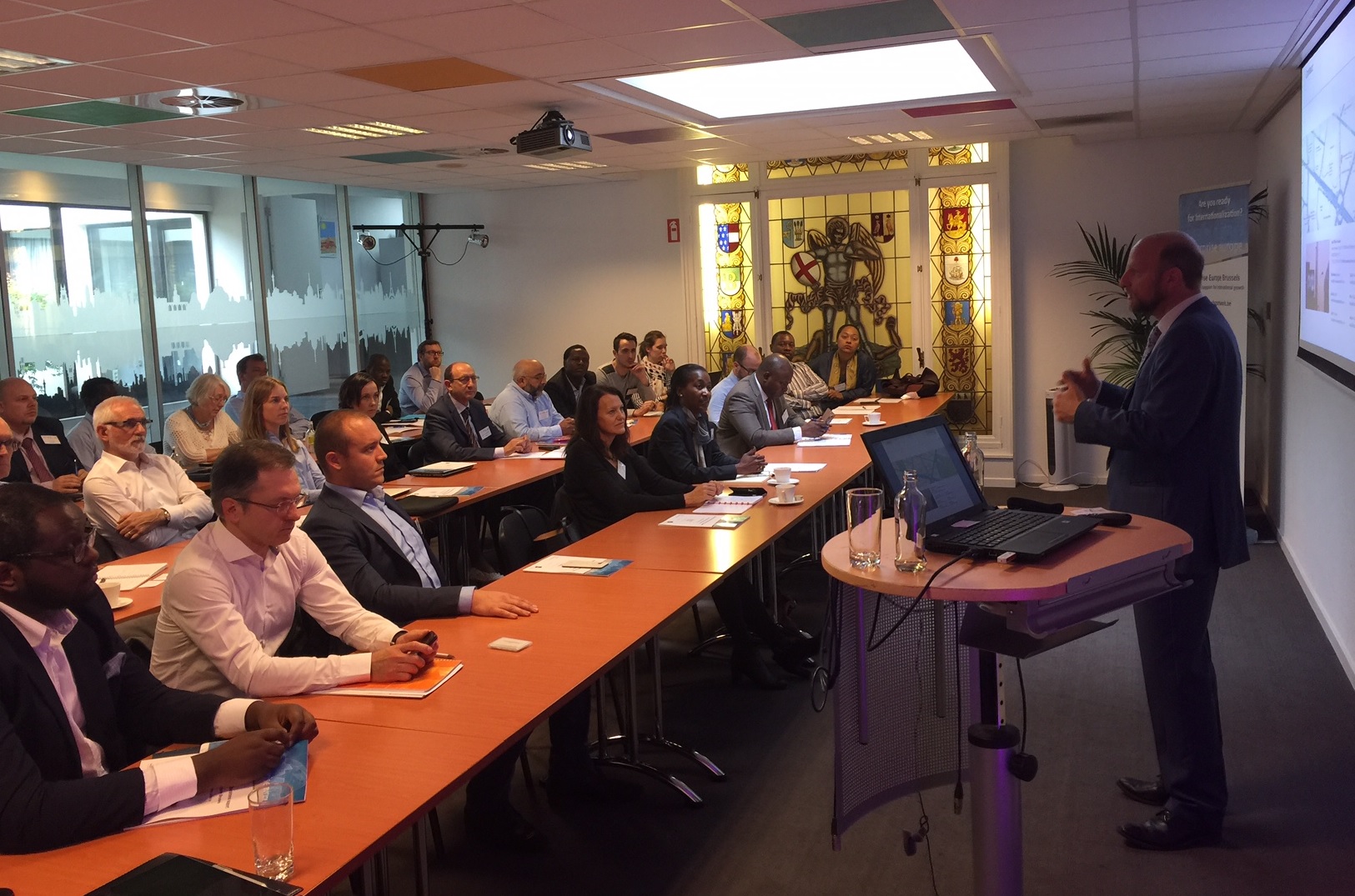

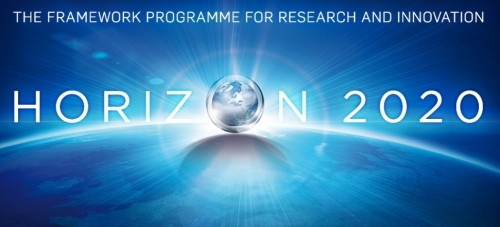

 On 16th September 2016 Schuman Associates Schuman in partnership with BECI is organizing a one day Training Workshop "Unlocking EU Funding opportunities in Africa" on how to participate to financed EU projects in Africa.
On 16th September 2016 Schuman Associates Schuman in partnership with BECI is organizing a one day Training Workshop "Unlocking EU Funding opportunities in Africa" on how to participate to financed EU projects in Africa.